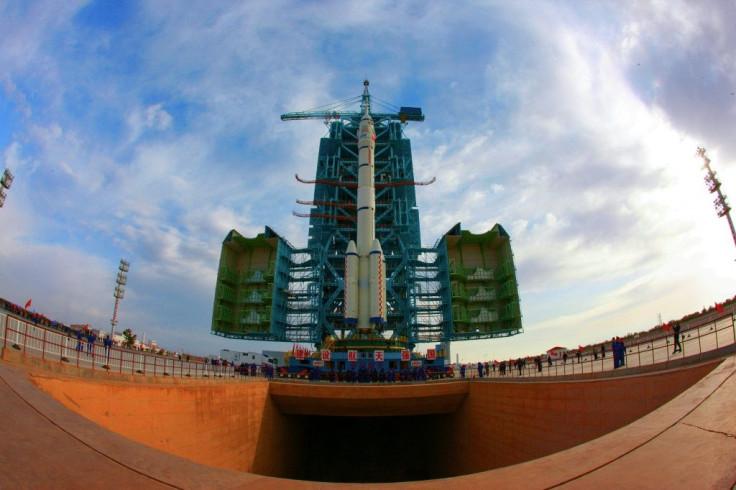China Plans 40 Space Launches This Year In Its Bid To Become A Space Power
KEY POINTS
- It carried out 55 space launches last year, more than the U.S.
- CASC also plans to complete the Tiangong space station this year
- Other Chinese space companies too have set their plans for 2022
In a bid to assert its hegemony in space, China is planning 40 launches this year, taking on the U.S in the highly competitive front.
China Aerospace Science and Technology Corporation (CASC) said on its social media account that it had arranged more than 40 space launches for 2022, reported South China Morning Post.
Besides, Beijing also plans six manned space missions, involving its two Shenzhou spacecraft. The vehicle has been developed and operated by China to support its crewed spaceflight program. CASC also plans to complete the Tiangong space station this year.
The first Long March 6A carrier rocket, featuring a liquid core with solid boosters, will also be launched this year.
"We need to fully complete various aerospace tasks, ensure the complete success of major flight test missions and accelerate the development of China as a space power," CASC chairman Wu Yansheng was quoted by the report.
China's plan for 2022 sets the ground for fierce competition with the U.S, which had 51 launches last year. However, China managed to outnumber the U.S. with 55 space launches. Of this, 48 were by CASC. There were a total of 145 space launches around the world.
Besides CASC, other Chinese space companies too have set their plans for 2022, which include the launch of new rockets by LandSpace and i-Space. While LandSpace's Zhuque-2 rocket will have a payload capability of 4,000kg to low Earth orbit, i-Space will fire its first Shian Quxian-2 rocket.
Zhongke Aerospace will conduct the first launch of its Lijian-1 solid rocket while China Rocket will launch the first Jielong-3 solid-fuel rocket this year.
China made a huge foray into the space race after 2007. It has carried out 152 launches in the past five years, more than any other country.
China is also inching toward its ambitious plan to land people on the moon and explore deep space. Reports said the researchers had successfully completed an essential step in the development of its next-generation hydrogen-oxygen engine, code-named YF-79.
The country aims to land humans on the moon by 2030, and to set up a joint lunar station with Russia in around 2035. There is also a plan to retrieve samples from Mars and expand exploration to other planets and deeper space.

© Copyright IBTimes 2024. All rights reserved.





















